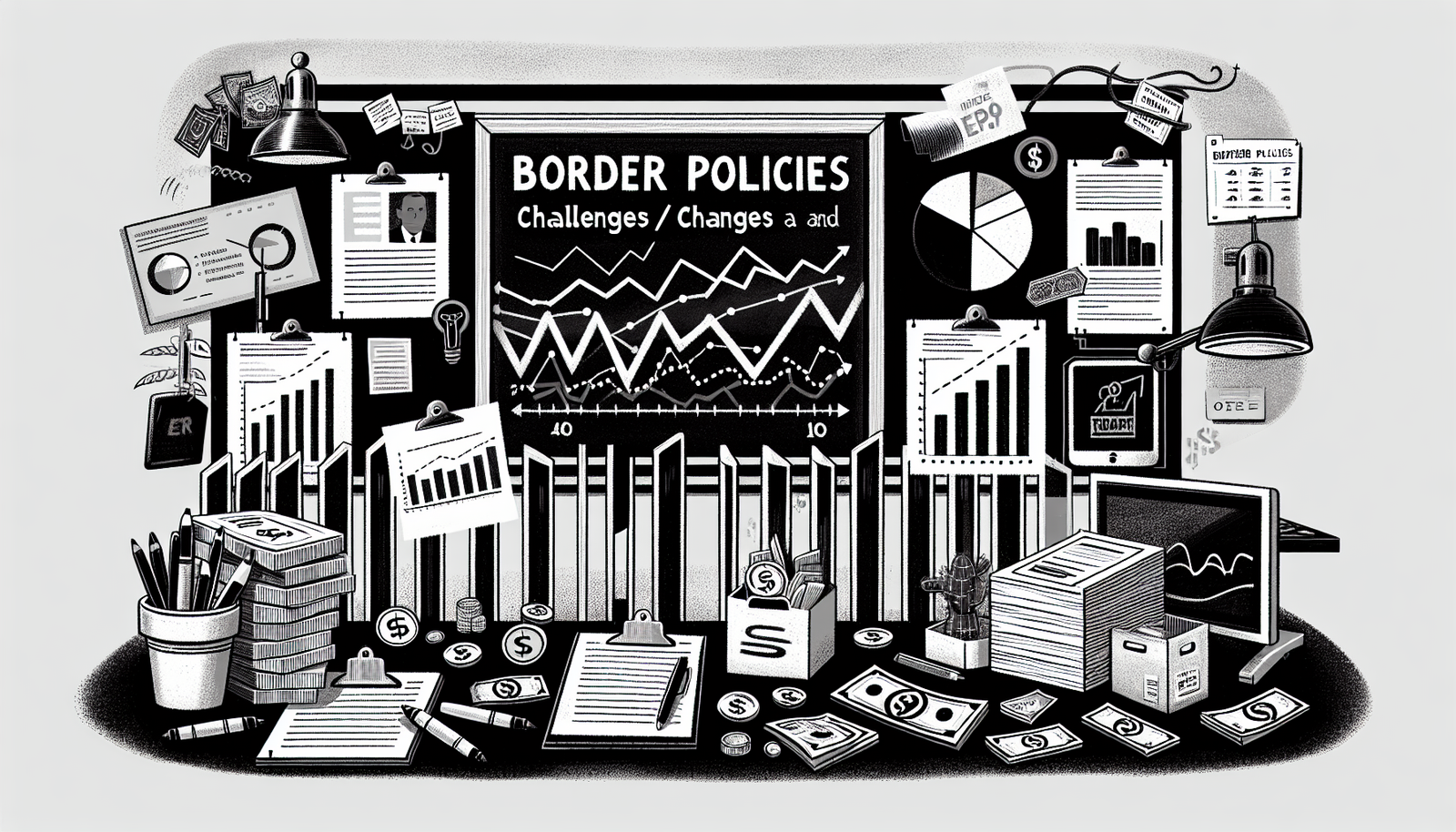
Record Border Crossings and New Policies
The Biden-Harris administration has been under intense scrutiny due to a significant rise in illegal border crossings. Since taking office in 2021, the administration has recorded over three million migrant encounters. These individuals were taken into U.S. custody and subsequently released into the country, which has stoked criticism from various quarters.
In January 2023, the administration introduced a humanitarian parole program aimed at nationals from Cuba, Haiti, Nicaragua, and Venezuela. This new policy allows these individuals to enter the U.S. and remain indefinitely. However, the CHNV parole scheme has faced backlash as it appears to have contributed to increased migration and subsequent challenges at the border.
Title 42 and Border Enforcement Changes
Title 42, a policy implemented during the previous administration, was initially set to be terminated but saw expanded use under Biden-Harris for specific countries. Despite the expansion, Title 42 was eventually lifted in May 2023. It has been replaced with new systems of incentives and disincentives designed to encourage arrivals at designated ports of entry while imposing stricter enforcement for unlawful crossings between ports.
The modifications in border enforcement are part of a broader strategy to reduce unsafe and disorderly migration. However, these changes highlight pivotal security concerns, especially with the apprehension of nearly 400 individuals on the terrorist watchlist. Alarmingly, 99 of these individuals were released into the country, increasing calls for more stringent border control measures.
Economic and Social Impact on Local Communities
The economic ramifications of the border crisis are substantial, with studies estimating an annual cost of around $150 billion to taxpayers. This figure encompasses a broad range of expenditures, including those under the Department of Homeland Security and the Office of Refugee Resettlement. The burden of these costs extends significantly into local communities.
Cities and states have had to expand their infrastructures, such as school districts, health care systems, and law enforcement agencies, to cope with the influx of migrants. The increased pressure on local services has sparked debates on resource allocation and the capacities of municipal and state administrations to manage these demands effectively.
International and Legislative Efforts
On the international front, the Biden-Harris administration has sought to enhance coordination with Latin American countries to manage migration closer to its roots. This includes expanding humanitarian assistance programs and bolstering anti-smuggling operations. These efforts reflect a broader approach to curb migration by addressing the factors driving individuals to leave their home countries.
Domestically, the administration has proposed various reforms to the asylum system, aiming to introduce consequences for unlawful entries and expedite the processing times for asylum claims. Nonetheless, these proposals have encountered resistance from Congressional Republicans, highlighting the polarized nature of immigration policy debates within the U.S. legislative framework.
Comprehensive immigration reform, a longstanding goal for many administrations, continues to face substantial legislative challenges. The Biden-Harris administration has made repeated calls for bipartisan support to pass meaningful immigration legislation. Nonetheless, these efforts remain largely stalled amid ongoing partisan conflicts and divergent views on how best to address the complex issue of immigration.
